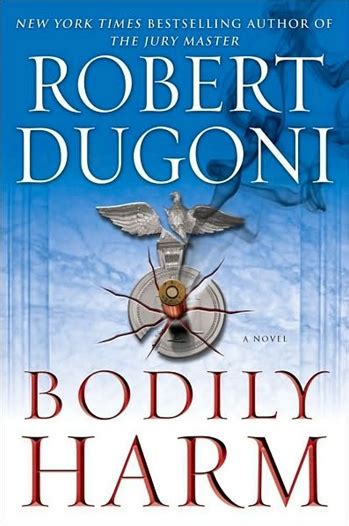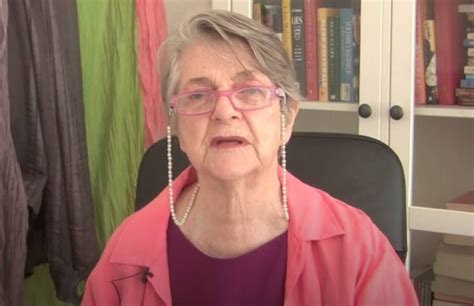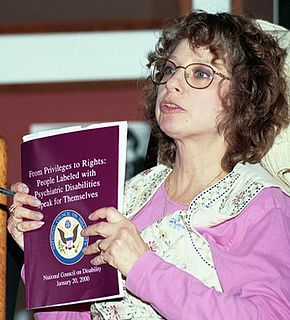A Quote by Sufjan Stevens
The best fiction is geared towards conflict. We learn most about our characters through tension, when they are put up against insurmountable obstacles. This is true in real life.
Related Quotes
...But I don't think I'm the only person who is tired of books and movies full of paper-doll characters you don't care about, who have no self-respect and no respect for anybody or any institution....And I don't want to sound preachy or Victorian, but I'm tired of amorality in fiction and in real life. Immorality is a fascinating human dilemma that creates suspense for the readers and tension for the characters, but where is the tension in an amoral situation? When people have no personal code, nothing is threatening and nothing is meaningful.
The first act of insight is throw away the labels. In fiction, while we do not necessarily write about ourselves, we write out of ourselves, using ourselves; what we learn from, what we are sensitive to, what we feel strongly about--these become our characters and go to make our plots. Characters in fiction are conceived from within, and they have, accordingly, their own interior life; they are individuals every time.
Clifford paints true-to-life characters with the same gritty touch as the best of Dennis Lehane. Straightforward and edgy, Lamentation gnaws with nail-biting tension on every page. A must-read for contemporary hardboiled mystery fans who appreciate the type of terse dialogue and real life conflicts and settings Elmore Leonard so richly brought to life.
Imaginary obstacles are insurmountable. Real ones aren't. But you can't tell the difference when you have no real information. Fear can create even more imaginary obstacles than ignorance can. That's why the smallest step away from speculation and into reality can be an amazing relief...The Reality Solution means: Do it before you're ready.
One of the real dilemmas we have in our country and around the world is that what works in politics is organization and conflict. That is, drawing the sharp distinctions. But in real life, what works is networks and cooperation. And we need victories in real life, so we've got to get back to networks and cooperation, not just conflict. But politics has always been about conflict, and in the coverage of politics, information dissemination tends to be organized around conflict as well.
I dislike that premise implies that a fiction writer is incapable of dreaming up stories that can bring readers to tears, that if you are lucky enough to be living a pretty sedate life ,as I am, you've got nothing worthy of writing about, that you're incapable of making a reader's gut wrench.Frankly, that's what makes readers nervous, the sorcery of you or me or any good fiction writer making up characters who feel like real people, of telling a story that feels true but isn't.
I think that most of us, anyway, read these stories that we know are not "true" because we're hungry for another kind of truth: the mythic truth about human nature in general, the particular truth about those life-communities that define our own identity, and the most specific truth of all: our own self-story. Fiction, because it is not about someone who lived in the real world, always has the possibility of being about oneself. --From the Introduction
In building a path through the self to the far shore of awareness, we have to carefully pick our way through our own wilderness. If we can put our minds into a place of surrender, we will have an easier time feeling the contours of the land. We do not have to break our way through as much as we have to find our way around the major obstacles. We do not have to cure every neurosis, we just have to learn how not to be caught by them.
Demons frighten us because we set ourselves up to be frightened. We are overly attached to our reputations and possessions. When we love and desire what we should be rejecting, we are in conflict with our true selves. That's when the negative energies catch us and use our weapons against us. Instead of taking up what we have to defend ourselves, we put our swords in the hands of our enemies and make them attack us.


































